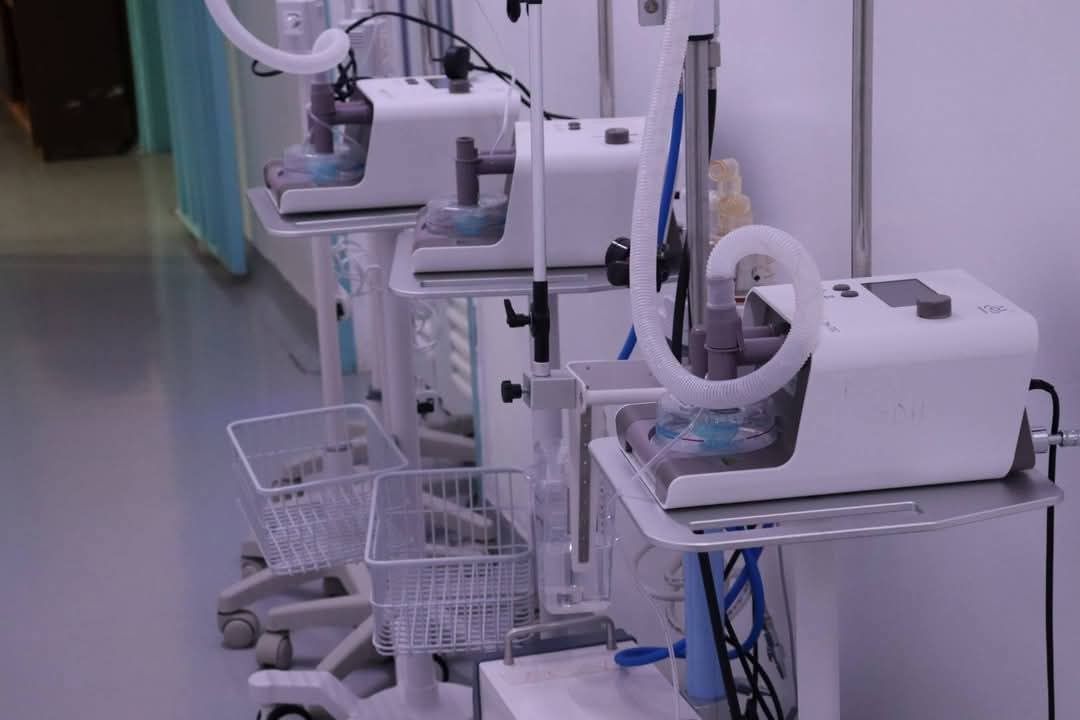

Mbagathi County Referral Hospital, once synonymous with neglect and
complaints of poor service, is undergoing a remarkable transformation following
reforms spearheaded by Nairobi Governor Sakaja Johnson.
A new management model, which placed the facility under the leadership of
professional CEOs drawn from the health sector, has sparked a wave of progress
that is redefining healthcare delivery in the capital.
Today, Mbagathi is home to Nairobi’s quality-accredited laboratory and is establishing a blood screening unit to
help address the chronic shortage of safe blood in city hospitals.
According to CEO Dr Alexander Irungu, the facility is quickly emerging as a
hub for medical research, drawing interest from both local and international
scholars.
“With the only quality-accredited laboratory
in Nairobi County and a new blood screening unit underway, we are not only
serving our people but also attracting scholars from across the globe to
benchmark on quality healthcare. Mbagathi Hospital is on a pathway to growth,
with ongoing projects such as a Critical Care Unit (CCU),” said Dr Irungu.
The hospital has also taken strides in specialised care, performing complex
surgeries once thought beyond the scope of a county referral facility.
Just last month, a neurosurgical team led by Dr Tom Mboya gave 27-year-old
Freddy Christopher a new lease of life by conducting the hospital’s first-ever
ventriculo-peritoneal shunt procedure to manage a high-grade brain tumour.
The delicate surgery, which restored stability and bladder function after
chemotherapy and radiotherapy had failed, marked a major milestone for
Mbagathi.
Earlier, in May 2024, another team led by
plastic and reconstructive specialist Dr Chaudry Areeb carried out the
hospital’s first major reconstructive plastic surgery.
The three-hour procedure, guided by a newly installed CT scan, successfully repaired multiple tendons, nerves, and vascular injuries to 29-year-old Bernard Sigei’s hand, restoring function and offering him a fresh start.

Irungu credited these
successes to investment in modern equipment and improved hospital
infrastructure.
“We have been able to equip the hospital with
modern technology that enables our doctors to attend to patients thoroughly.
This has boosted confidence among patients, many of whom are now flocking to
our hospitals,” he said.
Mothers and newborns have also benefited from
the reforms.
The Neonatal Intensive Care Unit (NICU), launched in 2024 by Governor
Sakaja, has since provided lifesaving care to 493 newborns admitted internally,
alongside 126 referrals from other hospitals — nearly 620 babies in total.
“This is a strong number that reflects
improved service delivery. NICU has transformed Mbagathi into a true county
referral hospital, easing the burden on mothers who previously had to seek
services far away,” Dr. Irungu added.
The success of the NICU has restored confidence in Nairobi’s public
healthcare system.
Only a few years ago, families had to
travel long distances for neonatal care, and preventable infant deaths were
common. Today, thanks to expanded services at Mbagathi, that narrative is
changing.
Governor Sakaja’s decision to appoint
professional CEOs to head Nairobi’s hospitals has been credited for reshaping
service delivery across the county.
The CEO-led model, first rolled out in Level 5 hospitals and now expanding to Level 4 facilities, has enhanced efficiency, restored trust, and delivered landmark achievements that position Mbagathi as the pace-setter in county healthca














